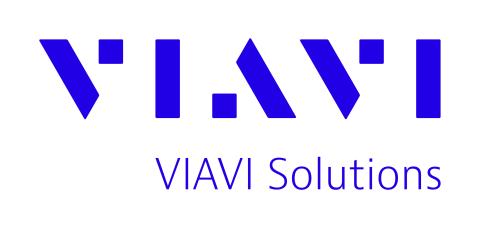AI has been used by telecoms for nearly a decade to both analyse data and take automated action, promising improved performance, higher efficiency and a better customer experience across several applications:
- Network optimisation: AI enables service providers to build self-optimising networks (SONs). Using advanced algorithms, AI can identify patterns in data to detect and predict network anomalies, and even proactively reconfigure networks to optimise quality based on traffic information by region and time. This can prevent outages, maintain SLAs, prevent lost revenue and improve customer satisfaction.
- Predictive maintenance: AI-driven predictive analytics can utilise data, algorithms, and machine learning techniques to anticipate the potential failure of hardware—from power lines to radio masts, based on historical data and patterns. This enables better root cause analysis and longer-term benefits to the customer experience.
- Customer support: conversational AI platforms, or virtual assistants, can efficiently automate and scale one-to-one conversations with personalised, intelligent support that enables self-service. This can both reduce operational costs and improve the customer experience.
- Fraud prevention/data security: AI and machine learning algorithms can detect anomalies and suspicious behavioural patterns in real-time, and immediately block fraudulent activities such as unauthorised network access and fake profiles. With industry estimates indicating that 90% of operators are targeted by scammers on a daily basis—amounting to billions in losses every year—the value of this application is key.
- Revenue growth: AI can unify and make sense of a wide range of data, such as devices, networks, mobile applications, geolocation data, detailed customer profiles, service usage, and billing data. Using AI-driven data analysis, network providers can anticipate customer needs in real-time, enabling smart upselling and cross-selling of services.
- Robotic Process Automation (RPA): Business process automation technology based on AI can bring greater efficiency by allowing telcos to more easily manage their back-office operations and large volumes of repetitive and rules-based actions, such as billing, data entry and order fulfilment.
Despite the opportunities AI provides, there are still several challenges for telecoms organisations to grapple with, from integration with legacy systems to a lack of in-house talent and the unstructured collection and categorisation of data making it difficult for an AI system to access relevant data.
The UK is ranked third in the world for its research and innovation in AI and is successfully leveraging relationships between globally recognised academic institutions and industry to nurture and develop world-class AI digital technologies.
The UK’s National AI Strategy is a 10-year framework that builds on the power of AI to drive growth and innovation across private and public sectors. The AI Standards Hub was announced in 2022, with a remit to improve the governance around AI and lead in shaping global technical standards: it is being delivered by the Alan Turing Institute, supported by BSI and the National Physical Laboratory.















